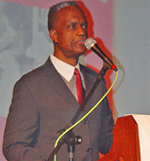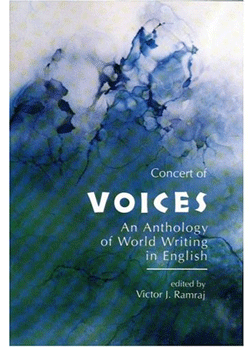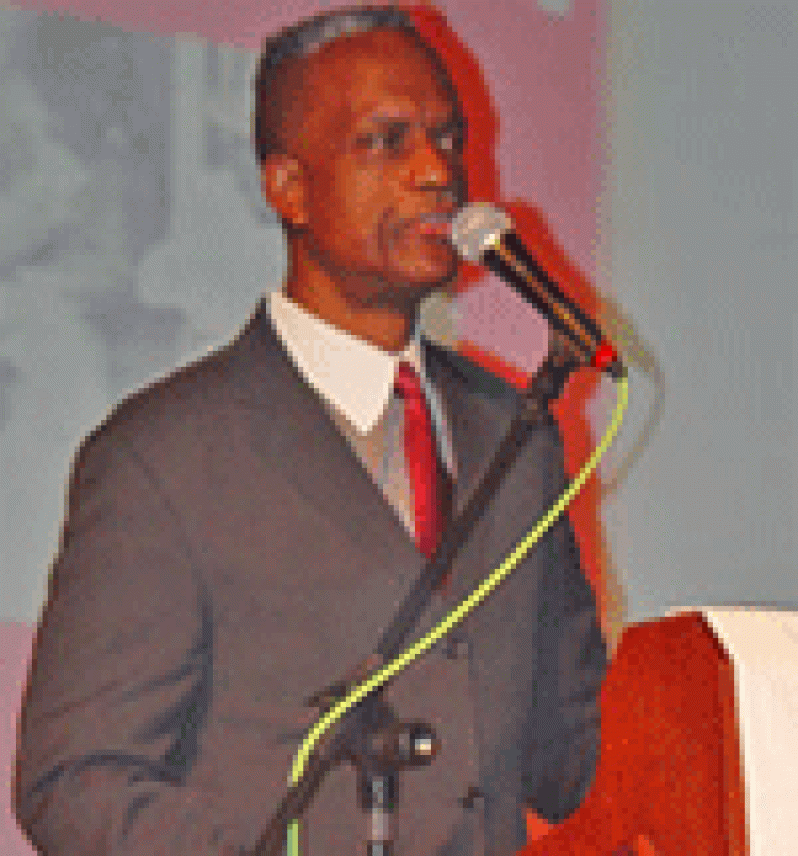(Extract of an interview with Tony Martin author of ‘Caribbean History’, Georgetown, Guyana, May, 2012. Dr Tony Martin was born in Trinidad, studied in the UK (Grey’s Inn) and in the USA. He read for his MA and Ph. D. in History at Michigan State University. He is Emeritus Professor of Africana Studies at Wellesley College. Martin is the author of thirteen books. He wrote most of ‘Caribbean History’ while living in Guyana.)  PP: There was a time when the history of the Caribbean was written by Europeans, mostly by adventurers, explorers, missionaries and others. But increasingly, the Caribbean is producing its own historians, and for various reasons.
PP: There was a time when the history of the Caribbean was written by Europeans, mostly by adventurers, explorers, missionaries and others. But increasingly, the Caribbean is producing its own historians, and for various reasons.
For instance, Ivan van Sertima said he wrote history to “repair the damage” obviously done by previous writers who distorted the truth; Beryl Gilroy said that she rewrote history to correct the wrongs “foisted” on our people; and Eric Williams said that he was setting the record straight, because what was written before was done from a different perspective.
Many of our Caribbean historians have, as it were, slaughtered some European ‘sacred cows’ because we were questioning certain ‘facts’, and aiming for satisfaction to our inquiries. Now we have a new book taking another look at the history of the Caribbean, and it is titled, ‘Caribbean History, from Pre-colonial origins to the Present’ written by Tony Martin. He wrote most of this book while living in Guyana; so the book portrays numerous aspects of Guyanese History.
Professor, why have you written such a book at this particular time in our history, taking into account that you have touched (are daring enough to touch) on the present; the contemporary period?
TM: First of all, I taught Caribbean History for over thirty years. I taught at Wellesley College in the USA, and I taught more than one course in basic Caribbean History for numerous years at other institutions. So this book is a sort of distillation of thirty years of teaching, reflecting on the subject, also talking about the subject to lay audiences; non-academic audiences.
It was a natural outgrowth of years of research and teaching. Most of it was written after I retired in 2007, so I really had the time to sit down and write about what I’ve talked and thought about for a long time.
Over the years, as you rightly said, historians always try to rewrite history for various reasons. Over the years, I was also upset by certain aspects, so this book gave me the chance to put, which I hope is, a more Caribbean focus, Caribbean perspective.
PP: What are some of those aspects that bothered you?
TM: There are many. I could start, for example, with the question of the coming of Columbus. As far as I am concerned, the written history of the Caribbean started with an act of genocide; you know, it is now thought that the indigenous population of the Caribbean then was the most densely populated region anywhere in the Americas. And Columbus and his cohorts killed all of those people within a short period of time. This is genocide! The European historians have not called it genocide; instead, they said the local people disappeared.
PP: Disappeared??!!
TM: How? And why? I asked myself.
PP: And found answers… What are the other aspects of the written history that have bothered you?
TM: The African slave trade. I dealt with that more exhaustively than any other survey of this type. As far as I’m concerned, for almost 400 years of the 500 years or so after Columbus, an African was enslaved somewhere or other in the Caribbean, beginning in 1502 in Hispaniola, and continuing to 1886 in Cuba. So, African slavery is a major part of the historical reality of the Caribbean.
I’ve also dealt with the horrors of slavery. I’ve dealt with the rebelliousness of the Africans. I see slavery as a perpetual war against the Europeans.
PP: And that’s why Van Sertima’s book, ‘They Came Before Columbus’, was so upsetting to the Europeans. Let’s shift a bit from slavery to indentureship; the labour force that replaced the enslaved people.
TM: I have a very substantial portion of the book on Indian indentureship, and also on all the other immigrants who came from China, Lebanon; European immigrants; African immigrants who came after slavery ended. African-Americans came, Javanese came. I’ve dealt with all of them; Portuguese as well.
In terms of the Indian immigrants, I think I may have broken some new ground by pointing out that the first Indian immigrant from India came to the Caribbean in 1595; that’s 243 years before the first Indian came to what was then British Guiana, in 1838.
PP: But that didn’t start a wholesale movement of Indians from India to Guyana.
TM: No, it didn’t.
PP: It’s just a date, then?
TM: But it is still important.
PP: Before we talk about Guyana’s place in the book, let’s look at Guyana’s place in the Caribbean.
TM: Geographically, Guyana is not part of the ‘Islands’, but historically and politically and culturally, Guyana has always been a part of the Caribbean. It was administered by the Dutch and the British, who also administered the ‘Islands’, and that’s the reason why.
PP: So far, in the book, we have touched on enslaved people and indentureship. Let’s move on to the time when the independence spirit was brewing in our hearts. What was happening then? What was the thought then? Who were the people then?
TM: Well, of course, Caribbean people were striving for independence almost from the time of Columbus…
To be continued…
WHAT’S HAPPENING:
• ‘Caribbean History: From Pre-Colonial Origins to the Present’ , by Dr Tony Martin, will be launched on Thursday (May 24, 2012) at the Umana Yana at 5:30pm (1730 hours). All are invited.
(To respond to this author, either call him on (592) 226-0065 or send him an email: oraltradition2002@yahoo.com)











